Online Political Science Degree: Curriculum
Curriculum Details
37 credit hours required in the major
The online bachelor’s degree in political science from Southwest Minnesota State University is designed to give you a deep understanding of political institutions and processes, both in the U.S. and globally. Courses explore topics ranging from voter behavior to international relations, providing a broad-based introduction to the political science field.
Throughout your program, you will study political research methods, public policy, international law, and the judicial process while customizing your course plan with electives that align with your interests and career goals. Most students complete the political science major and earn their degree in three to four years.
Core Courses
Credits
Surveys the executive, legislative, and judicial branches of the national government; the role of political parties, interest groups and public opinion. Includes discussion of local and state government and the political uses of the law.
Political Science (select 1 of the following): Category 1
Credits
Examines the initiation, development and implementation of public policy in the U.S. at all levels of government, with special emphasis on national policy-making. Includes study of the role of each branch of government in the policy process, citizen input in the process, current debates over important policies, and the significance of political parties and interest groups in the formulation of policies.
Political Science (select 1 of the following): Category 2
Credits
Examination of theories, concepts, and structures instrumental in understanding international relations. Includes a realistic, systematic and political economy analysis of actions and interactions, images and realities in international affairs. Topics include great power rivalry, the arms race, great power intervention in the Third World, trade war and conflict in Southern Africa.
Political Science (select 1 of the following): Category 3
Credits
Additional Political Science Courses
Credits
Students must choose two additional courses (6 credits) from Categories 1-3: State Government, Local & Rural Politics, Public Policy & Administration.
Elective Courses
Credits
Students must choose one Political Science Course (3 credits) from the 200 level or above.
Request More Information
Complete this form to receive information about coursework, admissions, tuition, and more.
